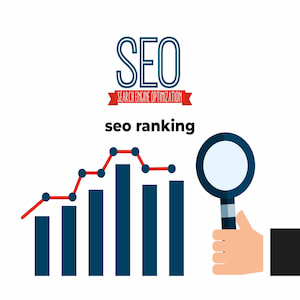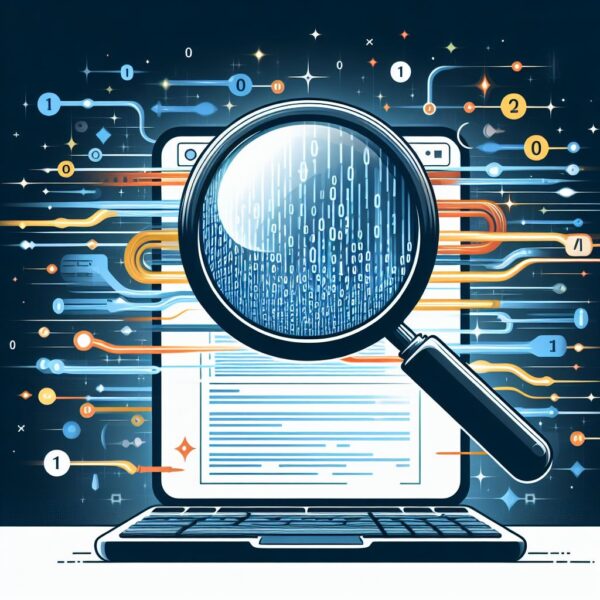How AI Is Revolutionizing Marketing in 2026

The New Era of Marketing Starts With Algorithms
You wake up, scroll your feed, and see a product you literally thought about last night. It’s almost creepy—until you realize it’s just AI doing its job better than ever.
Welcome to 2026, where marketing isn’t just automated—it’s intuitive. Artificial intelligence isn’t just reshaping the rules; it’s rewriting the entire playbook. Whether you’re a startup founder hustling on a budget or leading an enterprise campaign, the tools, tactics, and mindset have changed. Big time.
Let’s break down how AI is transforming marketing—and why it’s either your biggest threat or your boldest advantage.
1. Hyper-Personalization at Scale
Remember when email campaigns used to start with “Hi [FirstName]”? That’s prehistoric now.
AI uses real-time behavioral data, purchase intent, social activity, and even micro-emotions (yes, really) to deliver ultra-personalized experiences across channels.
Example:
A fashion retailer uses AI to track a customer’s scroll speed and pause time on products. The system instantly updates the homepage with lookbooks matching their mood and climate. Weather-based drip campaigns? Already old news.
What It Means for You:
- Higher engagement rates
- Lower ad fatigue
- Better LTV from each customer
Tools Leading the Charge:
- Adobe Sensei
- Dynamic Yield
- Bloomreach
2. Predictive Analytics: Reading the Future
Why guess what your audience wants when you can just let AI tell you?
Predictive analytics—powered by machine learning—can forecast customer behavior, churn risks, product trends, and even ad fatigue. it’s not a “nice to have”—it’s baked into CRMs, CMSs, and every tool that touches data.
Storytime:
A B2B SaaS company noticed a drop in engagement 48 hours before their churn spike—thanks to their AI’s predictive model. They deployed a re-engagement email flow before customers even thought of canceling. Retention shot up 22% in Q1.
What to Track with Predictive AI:
- Conversion likelihood
- Best timing for outreach
- Lifetime value estimation
- Sentiment trajectory over time
Which AI is best for shopping?
Is AI replacing digital marketing?
3. Marketing Automation That Thinks Like a Human
Let’s talk scale.
AI handles multi-channel orchestration—email, SMS, push, social, ads—with the nuance of a skilled marketer. And it learns. Fast.
But here’s the kicker:
Modern AI doesn’t just follow rules. It writes them.
Using reinforcement learning, these tools now test, pivot, and optimize campaigns in real time, far beyond A/B testing.
Example of Use:
- You upload a product.
- AI writes five ad variants, suggests influencers, predicts ROI, and deploys across platforms.
- You sip your coffee.
Top Platforms:
- Jasper for ad copy
- Salesforce Einstein
- Marketo Engage (now fully AI-driven)
4. AI-Powered Content Creation
You’ve probably seen AI writing tools explode—and they’re more than just clever writers.
They now analyze tone, context, SEO opportunities, audience segmentation, and even competitor messaging. Some are even auto-generating video scripts and podcast outlines.
Here’s how creators and marketers are using AI content tools:
- Automating blog post clusters for SEO
- Creating LinkedIn posts tailored to professional niches
- Crafting email sequences that feel personal
- Rewriting ad creatives based on weekly performance data
Pro Tip:
Use AI to co-write, not just autopilot. The blend of machine logic + human voice is what hits hard.
5. Smarter Ad Targeting & Budgeting
ad campaigns look less like “set and forget” and more like “strategic chess with a machine partner.”
AI in digital advertising now not only optimizes bids in real time—it analyzes contextual sentiment, competitor spend, and cross-device behavior. You’re not just targeting demographics. You’re targeting intent.
Illustration:
A small brand launches a campaign with a $5K budget. AI redistributes spend in real-time based on keyword volatility, market trends, and buyer signals. End result? 3.6x ROAS in a saturated niche.
Use AI to:
- Predict CPC spikes
- Discover overlooked high-converting audiences
- Avoid budget wastage on stale segments
6. Ethics, Privacy & Trust: The New Competitive Edge
Here’s where it gets real.
As AI becomes smarter, transparency and ethics become differentiators. , your audience expects to know how AI is being used—and why their data matters.
You gain trust when you:
- Clearly state AI usage (e.g., “This product recommendation was generated by AI based on your preferences”)
- Offer opt-out choices
- Avoid manipulative “dark patterns” in personalization
Quick Tip:
The brands that win are those that use AI with integrity and clarity.
Conclusion: AI Won’t Replace You—But Marketers Using AI Will
You’re not competing with AI.
You’re competing with marketers who know how to wield it.
AI is not just a tool—it’s a co-strategist, content creator, analyst, and sometimes even designer. Whether you’re building campaigns, scaling an eCommerce store, or running a solo consultancy, you need AI in your corner.
So lean in. Test. Play. Learn the language of algorithms. Because marketing about being louder—it’s about being smarter, faster, and more human—at scale.
Ready to transform your marketing strategy with AI?
Start with one tool, one workflow, and one test—and grow from there. Your future self will thank you.
Which AI is best for marketing strategy?
How to use AI to create an eCommerce website?
FAQs
How is AI being used in marketing ?
AI is powering hyper-personalization, predictive analytics, content creation, automated workflows, and smarter ad targeting—dramatically improving efficiency and ROI.
Which industries benefit most from AI in marketing?
eCommerce, SaaS, media, healthcare, and financial services are seeing major gains from AI-driven marketing.
Can small businesses use AI in marketing affordably?
Yes. Tools like ChatGPT, Jasper, and Mailchimp now have AI features tailored for small businesses with limited budgets.
Is AI in marketing replacing human jobs?
Not entirely. AI is automating tasks, but humans are still essential for strategy, creativity, ethics, and emotional intelligence.

